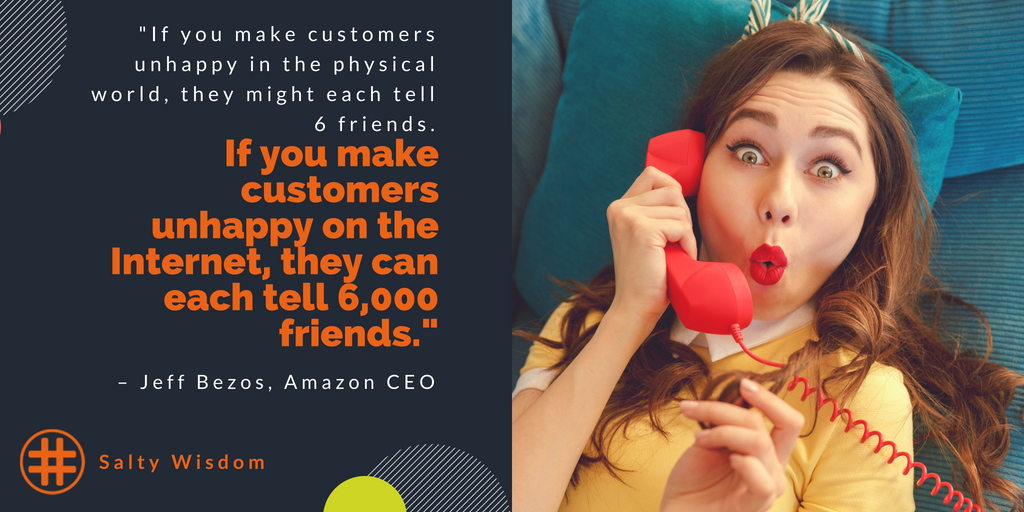As social media continues to evolve, so does the definition. The phrase “social media” historically has referred to internet software platforms that were built on one premise: digital interaction with other people. But with the advent of the blogosphere, instant messenger apps, and all of the photo sharing apps, what now constitutes social media proper?
Here’s a quick overview of other definitions:
Wikipedia
“Social media are computer-mediated technologies that facilitate the creation and sharing of information, ideas, career interests and other forms of expression via virtual communities and networks.”
Merriam-Webster
“[Social media are] forms of electronic communication (such as websites for social networking and microblogging) through which users create online communities to share information, ideas, personal messages, and other content (such as videos).”
In short, one might say that any app or website that lets users share content or exchange information could be called social media. This definition obviously applies to all popular social platforms such as Facebook, Instagram, or Twitter. Whether it’s through photos, video, or 280 characters, the entire basis of the aforementioned sites are built on a single premise: sharing user-generated information and content.
Note the phrase “user-generated”: it’s critical to what distinguishes social media from other media and from the internet in general. User-generated content is what puts “social” in “social media”: historically media has been built on the unilateral sharing of information and content—i.e., content creators share content, and everyone else consumes it. Social media’s potency and uniqueness lies in that it overturned the top-down model:
- Anyone can use social media
- All social media users are content creators
- Therefore anyone can create content
This realization was particularly difficult for brands in the early days of social media, as brand stories could easily be commandeered by a flood of negative user comments. As Amazon CEO Jeff Bezos notes, “If you make customers unhappy in the physical world, they might each tell 6 friends. If you make customers unhappy on the Internet, they can each tell 6,000 friends.” Consequently social media users—literally anyone—can take control of the brand message.

More recently several websites incorporated “social elements”—that is, elements beyond sharing buttons. Take for example, the (infamous) comments section of nearly any modern website. Comment sections often enable users to share both links and photos (in addition to text, of course). By the previous definition it would seem that comments sections are, in fact, social media in and of themselves. But does this definition change how we perceive blogs, news stories, and product reviews? Is every New York Times article by definition a form of social media? Even desktop Gmail comes with Hangouts built into the interface.
Perhaps the better question is “what is not social media?” for it would seem that social media (or at least social elements) are now inescapable across the web. Perhaps by the ubiquity of social media, the internet has itself become innately social to varying degrees. That does not make the comments section “social media lite,” rather it’s simply just not as robust as, say, Pinterest or LinkedIn. While it’s possible to (somewhat) anonymously browse the web, merely consuming content and not participate in any form of social media? We’re pretty confident that’s nearly impossible.
How do you define social media? Let us know in the comments section. 😏

